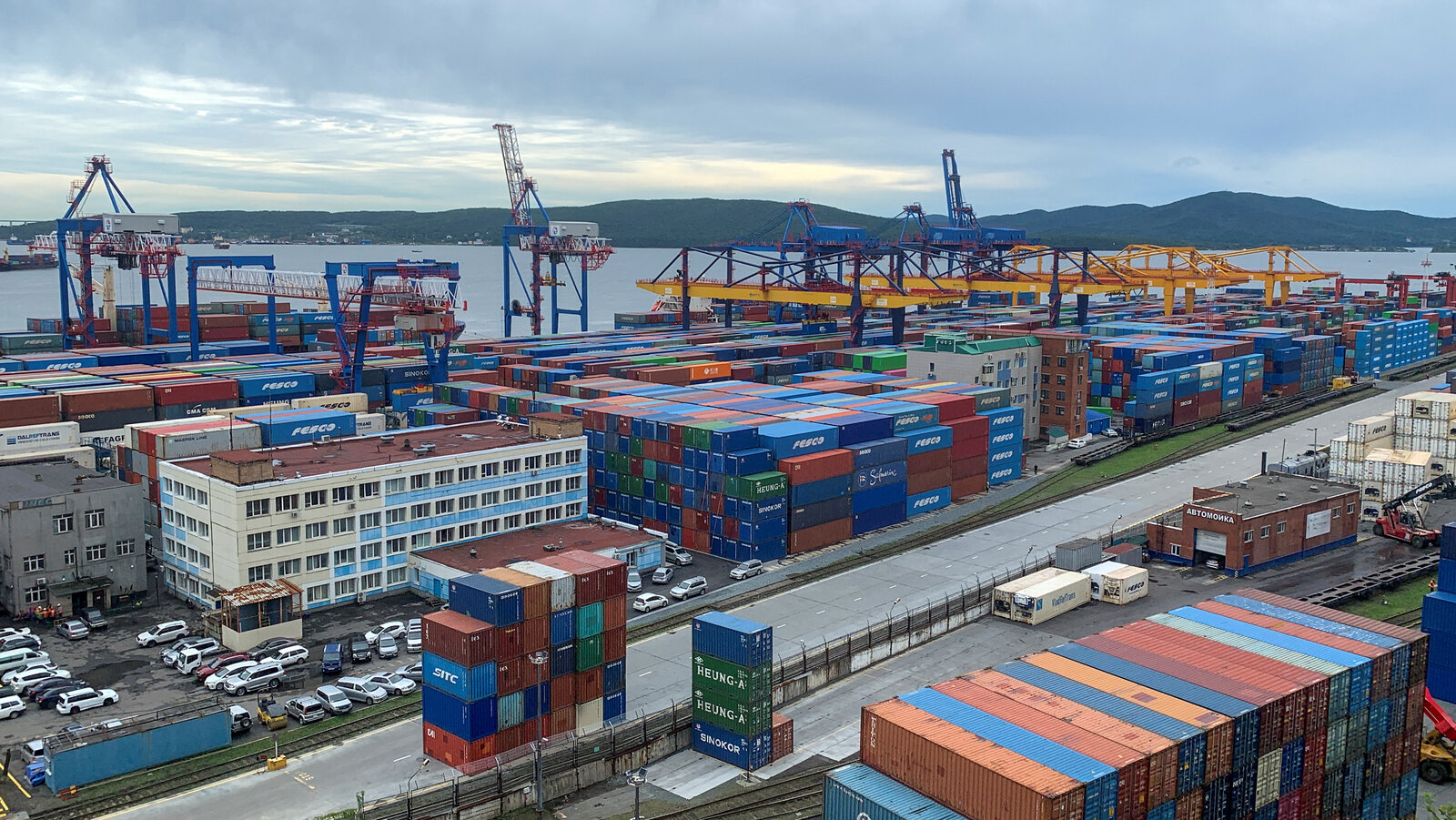Russia’s trade landscape is a complex interplay of natural resource exports, industrial goods, and geopolitical factors. As a major energy exporter, Russia’s trade relationships are crucial for its economic stability and global influence.
Key Exports and Imports
Exports:
- Energy Resources: Russia is a major exporter of oil and natural gas, particularly to European countries.
- Industrial Goods: The country also exports a range of industrial goods, including metals, machinery, and chemicals.
- Agricultural Products: Russia exports agricultural products like wheat, barley, and sunflower oil.
Imports:
- Machinery and Equipment: Russia imports advanced machinery and equipment, particularly from Western countries.
- Consumer Goods: The country imports a wide range of consumer goods, from electronics to clothing.
- Food Products: Russia imports food products, especially fruits, vegetables, and processed food.
Major Trading Partners
Russia’s primary trading partners include:
- European Union: The EU is a major market for Russian energy exports and a significant source of imports.
- China: China has emerged as a key trading partner for Russia, particularly for energy exports.
- Other CIS Countries: Russia maintains strong trade ties with other countries of the Commonwealth of Independent States (CIS).
Challenges and Opportunities
While Russia’s trade relationships offer significant opportunities, the country also faces several challenges:
- Geopolitical Tensions: Geopolitical tensions with Western countries, particularly the EU and the US, can lead to trade restrictions and sanctions.
- Economic Volatility: Global economic fluctuations, particularly in commodity prices, can impact Russia’s trade balance.
- Infrastructure Constraints: A lack of modern infrastructure, particularly in transportation and logistics, can hinder the development of trade.
- Bureaucracy and Corruption: Bureaucratic hurdles and corruption can make it difficult for businesses to operate efficiently.
To address these challenges and capitalize on its trade opportunities, Russia needs to:
- Diversify its Economy: Reduce reliance on energy exports by developing other sectors, such as manufacturing and high-tech industries.
- Improve Infrastructure: Invest in transportation and logistics infrastructure to facilitate trade.
- Combat Corruption: Implement reforms to reduce corruption and improve the business environment.
- Strengthen International Cooperation: Build strong relationships with other countries to promote trade and investment.
By addressing these challenges and seizing the opportunities, Russia can strengthen its position in the global economy and ensure its long-term prosperity.

Leave a Reply